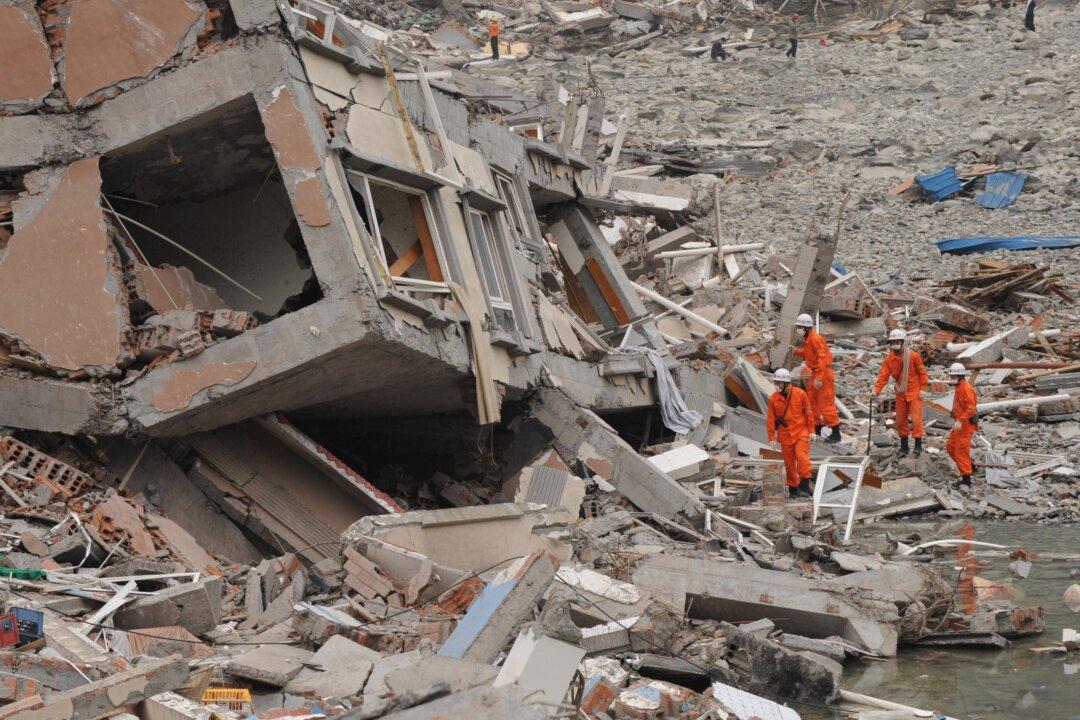Nine years after the devastating earthquake in southwestern China’s Sichuan Province in 2008, there are still stories of victims struggling to get back on their feet. Now as China’s anti-corruption campaign presses onward under Chinese leader Xi Jinping, it becomes clear that corruption has held back recovery in the region.
On Nov. 15, Zhang Min, a section chief of the Industrial Park Construction Group, an agency within the Shandong provincial government set up for the purpose of supporting recovery efforts in the earthquake-hit region of Beichuan County in northern Sichuan Province, was sentenced to 11 years in prison and fined 300,000 yuan (about US$45,290), reported state-run Legal Daily.





